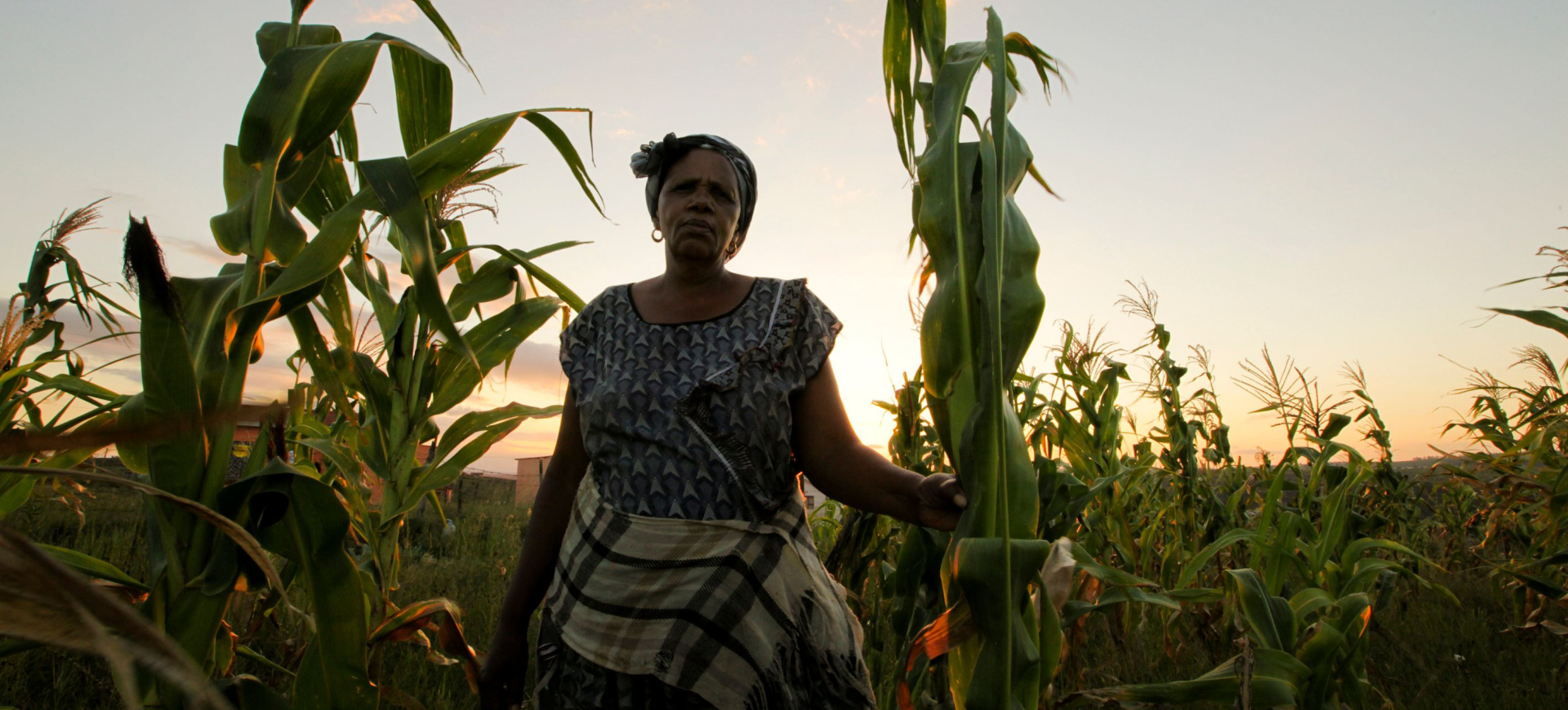Three ways the G20 can empower women and strengthen food security
Scaling up women-led development within food systems offers great gains as the world recovers from successive shocks
Women and girls, noted the G20 agriculture ministers when they met in Hyderabad in June, are particularly vulnerable to disruptions to global food supplies. More importantly, they play a significant role in making agricultural value chains more resilient and sustainable.
With its explicit call for women and girls to drive the G20 agenda, India’s presidency has issued a long overdue call for action on gender equality and food systems that places women at the forefront of efforts to reduce hunger and food insecurity.
The championing of women-led development at the G20 recognises the value of equality and of women’s empowerment and leadership. This position builds on evidence from CGIAR, the largest publicly funded agrifoods-focused research partnership, and others that women who are empowered with equal access to information, resources and decision-making processes within food systems are powerful agents of change.
Improvements in women’s education have been responsible for 43% of the total reduction in child malnutrition between 1970 and 1995. Increases in women’s income bring disproportionately higher benefits for household health and nutrition, and women are also more likely to adopt climate-smart agricultural practices on the farm.
Yet, despite evidence of progress and potential, women – and humanity at large – continue to pay the price for systemic gender inequality. The gender gap in food security increased eightfold since 2018, reinforcing the urgent need for action and investment for women’s empowerment from the world’s most consequential economies.
Significant opportunities exist to support increased female leadership – and therefore greater food security – at all levels of food systems. Three of the best options are highlighted here, but adopting an evidence-based approach to women-led agricultural development should be a priority for all members of the G20 and taken forward by 2024 host Brazil.
Grassroots empowerment
The first way G20 members can enable women to lead efforts to reduce food insecurity at the community level is by increasing women’s access to education, training and information. Research shows strong links between women’s involvement in decision-making and improved household nutrition.
In a CGIAR project in India that trained tribal women in the basics of dietary diversity, nutrition and food safety, groups established processing units to supply nutritious food to childcare centres. Using their knowledge of the value of under-used cereals such as millets and sorghum, the women produced energy-dense food to reduce stunting in children and anaemia in women.
This is one example of how women’s empowerment can support the uptake of ‘orphan crops’, which improve nutrition and build the resilience of food systems through diversification. G20 agriculture ministers witnessed first hand India’s efforts to increase the adoption of millet during their meeting this year.
Increased representation
Second, G20 members can increase the inclusion of women, especially rural women, at the policy level to result in interventions that reduce gender inequality and food insecurity.
CGIAR has developed a framework for ensuring that policies enable women-led development based on three principles: reach, benefit and empowerment. Policies should reach women through equal access to information and infrastructure, benefit women by meeting gendered needs, and empower women by giving them greater agency.
For example, India’s Panchayati Raj Act, which required that 30% of representatives in local governments be women, resulted in more publicly provided goods related to women’s priorities in villages with women leaders.
Leading in the lab
Finally, G20 members can support the training and capacity building of more women to take leadership positions at a scientific level, which would both diversify and optimise the benefits of agricultural research and development.
Women represent a third of all researchers globally, yet only 12% of national science academy membership. Empowering women scientists in areas such as crop breeding can increase the likelihood of innovations that reflect the different realities of women.
For example, in East Africa, the adoption of modern varieties of maize lagged because women objected to higher-yield hard dent varieties, or those with tougher kernels, that were difficult to grind, increasing the workload for women. Conversely, Fetina barley was developed in consultation with Ethiopian farmers, including women, under the leadership of Fetien Abay Abera. Fetina barley is easier to de-husk, which reduces demands on women’s labour.
Food security is a prerequisite for achieving many of the Sustainable Development Goals, affecting the health and well-being of individuals, societies, ecosystems and economies. But when more women than men continue to go hungry despite accounting for 43% of the global agricultural labour force and producing half of the world’s food, gender equality is also a prerequisite.
Adopting and scaling up a women-led approach to food systems and agricultural development can level the playing field and maximise greater global food security at a time when the world needs it most.












